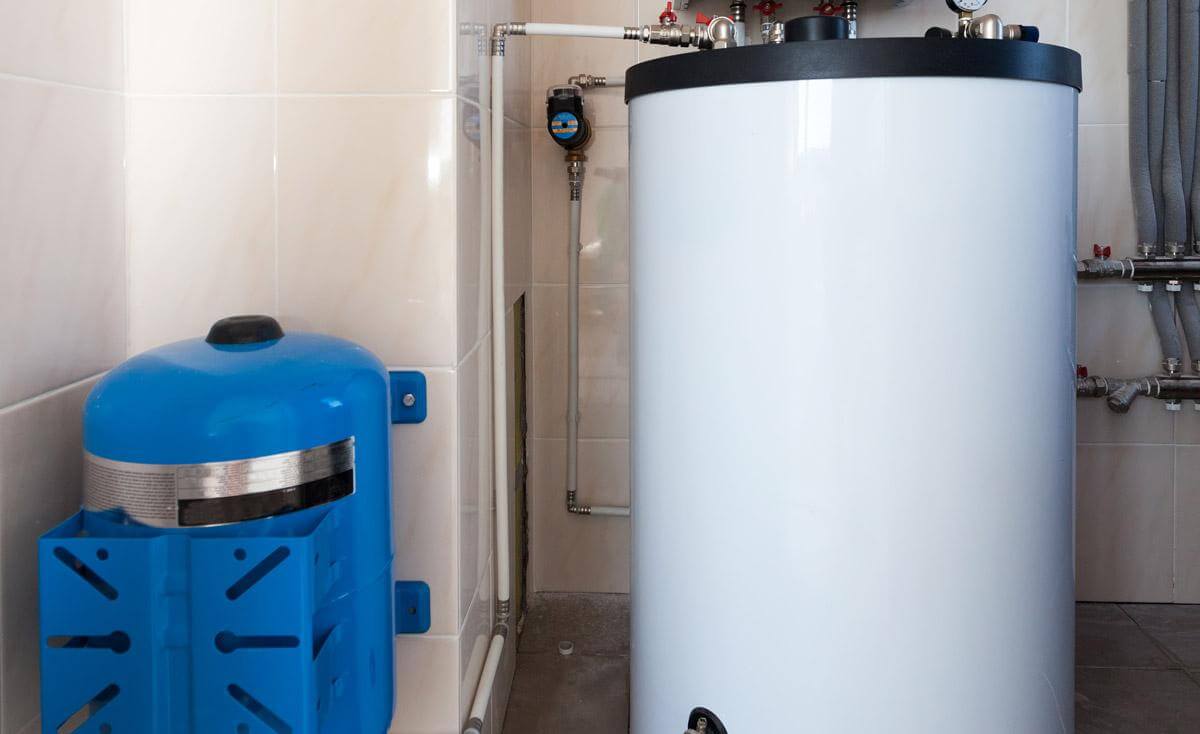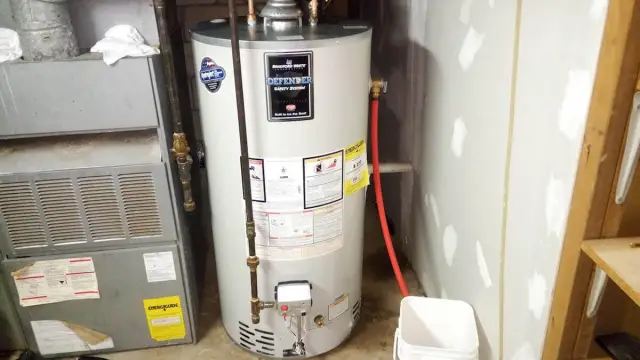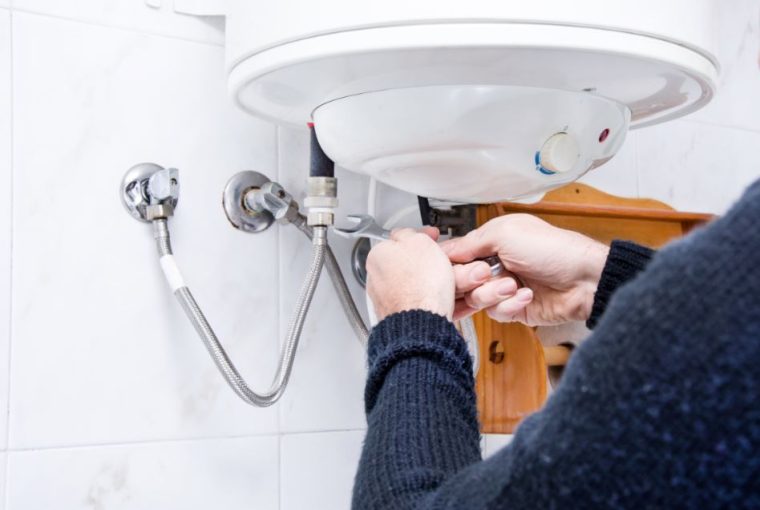A water heater is an essential home appliance without which your daily life can get quite inefficient. You might not think too much about how it works and all, but sometimes it’s important to know some basic information about an appliance that may help you get the right model which complies with the conditions of your home. Here, we’ll expound on how much a 50-gallon water heater weighs and how this knowledge can help you. Let’s get into detail.
The weight of a 50-gallon water heater:
A 50-gallon water heater is a common size for residential use, and the weight of the unit will depend on its construction materials and features. For example, a water heater made of stainless steel may weigh less than a water heater which includes a layer of glass. The weight of a water heater can also be influenced by its insulation. Water heaters with thicker insulation can weigh more than those with thinner insulation.
On average, a 50-gallon tank water heater weighs between 150 and 200 pounds when it is empty. However, when it is full of water, it can weigh up to 600 pounds or more. It’s important to note that the weight of a water heater may vary based on the brand and model.
For example, a gas-powered water heater may weigh more than an electric model. Moreover, a water heater with additional features, such as a high-efficiency rating or a larger heating element, may weigh more than a standard model.
Why does the weight of a water heater matter?
The weight of a water heater is an important consideration for installation and transportation. If you are installing a new water heater, it’s important to ensure that the floor can support the unit’s weight and that the installation area is free from any obstructions that could make it difficult to maneuver the appliance.
That’s why the basement is usually deemed to be an ideal location for a water heater installation due to the open space. Also, water heaters are heavy appliances that can be difficult to move, especially when full of water. You must turn off both the power supply and the water supply to the water heater before attempting to move it.
It would help if you also drained the water heater to make it lighter and easier to move. It is advisable to use a dolly or a hand truck to move the water heater safely. If you are unsure about how to move a water heater, it is best to seek the help of a professional. Because not using the proper lifting techniques and equipment can lead to injury or cause damage to the unit itself.
Final thoughts:
If you’re unsure of the weight of a particular water heater model, you can check the manufacturer’s specifications or consult with a professional plumber or HVAC technician. They can provide you with the necessary information to ensure a safe and successful installation or relocation of your water heater.



